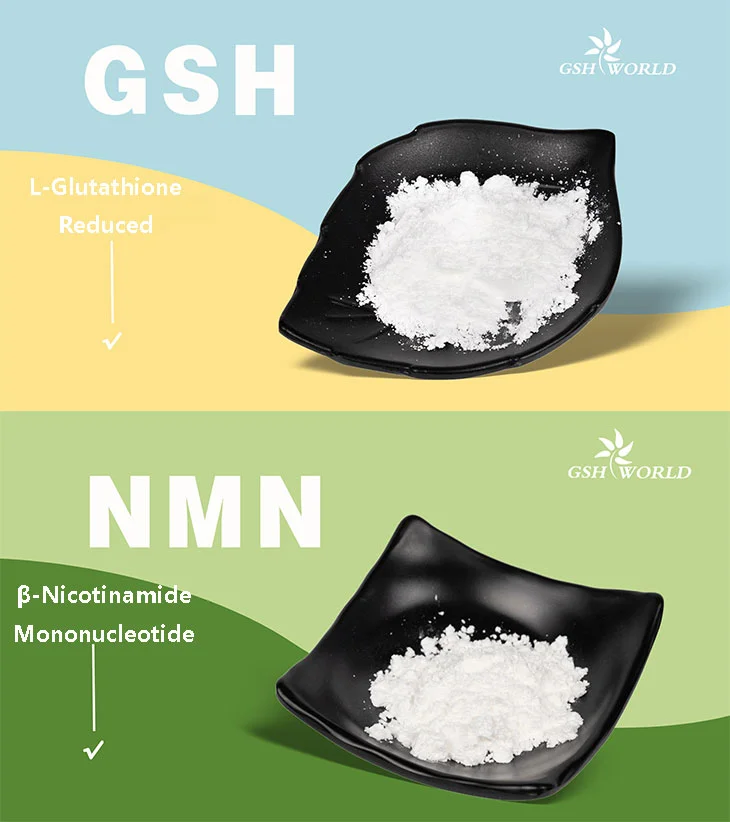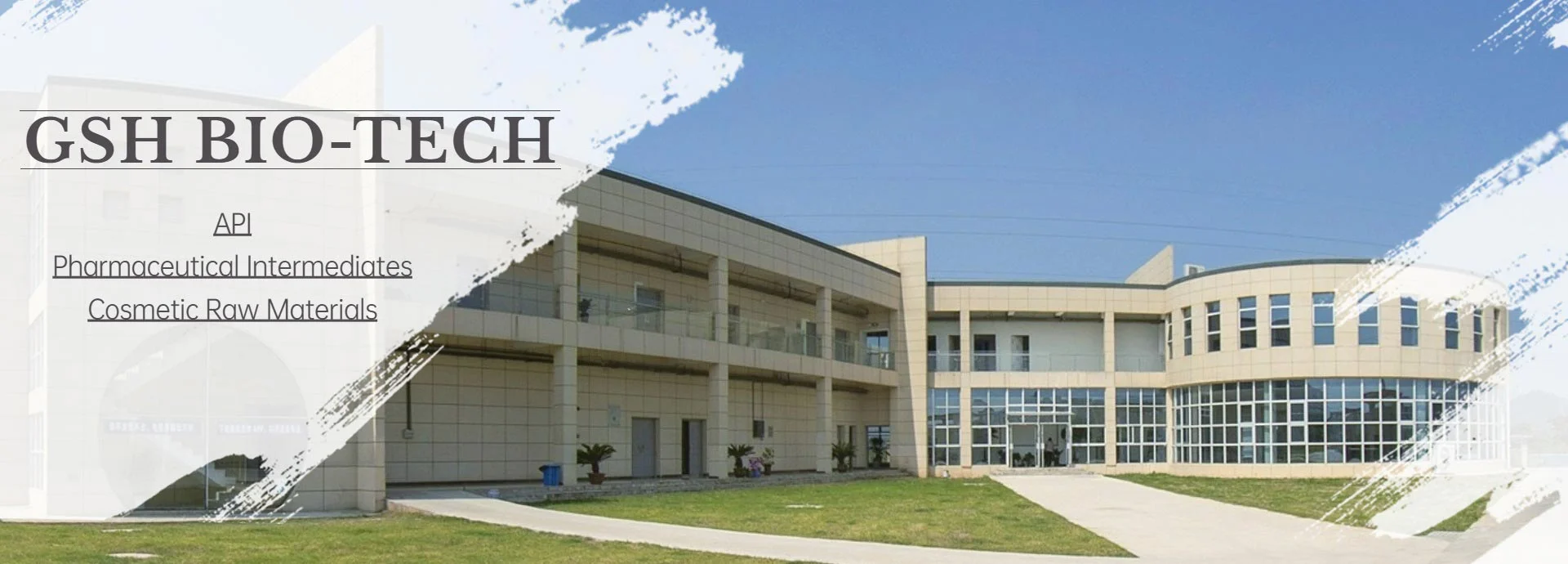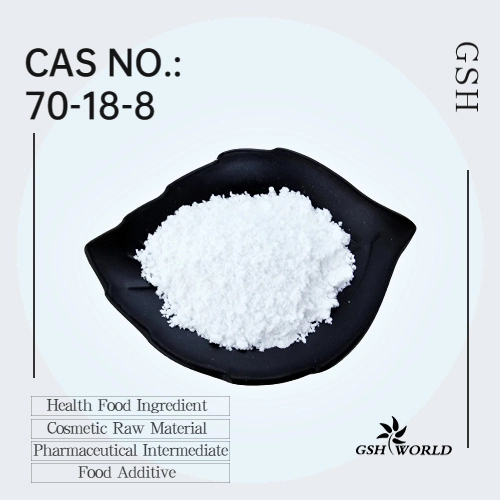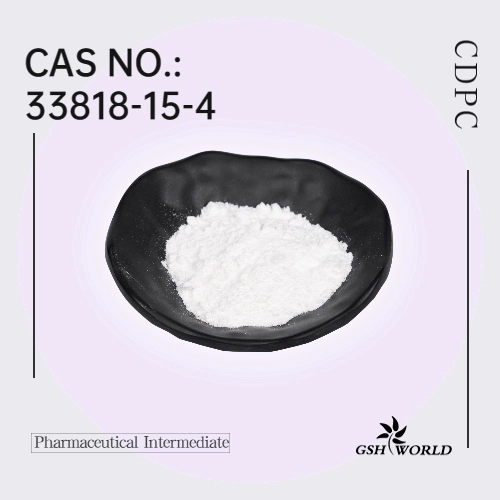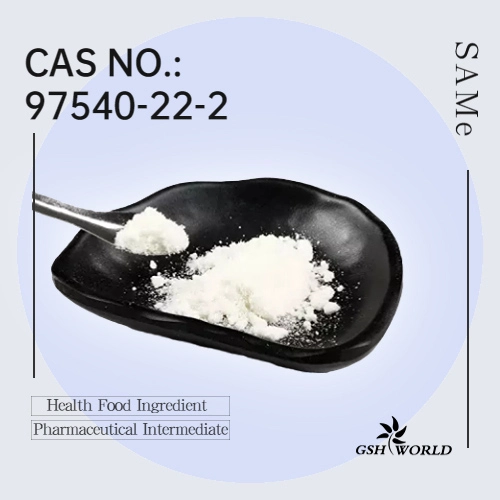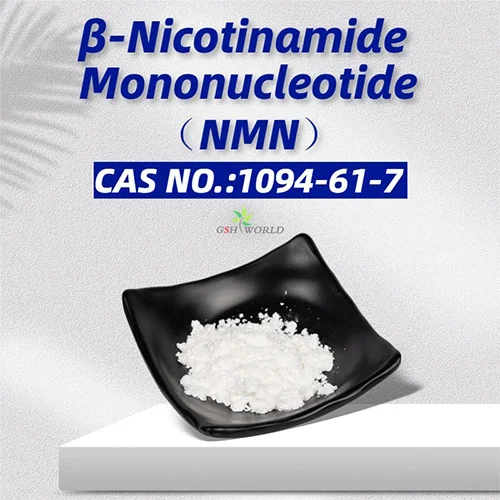Protective effect of citicoline on ocular nerve
After the central nervous system is injured, citicoline can participate in the repair and regeneration, and play a neuroprotective role; it also plays an important role in the transfer of nerve mediators and the conduction of bioelectricity. The drug can not only treat the sequelae of the nervous system caused by craniocerebral injury and cerebrovascular accident, but also be used as an adjuvant treatment for Parkinson's syndrome and senile dementia. It has obvious clinical therapeutic effect on acute stroke, neurological injury, disturbance of consciousness and glaucoma caused by surgery.
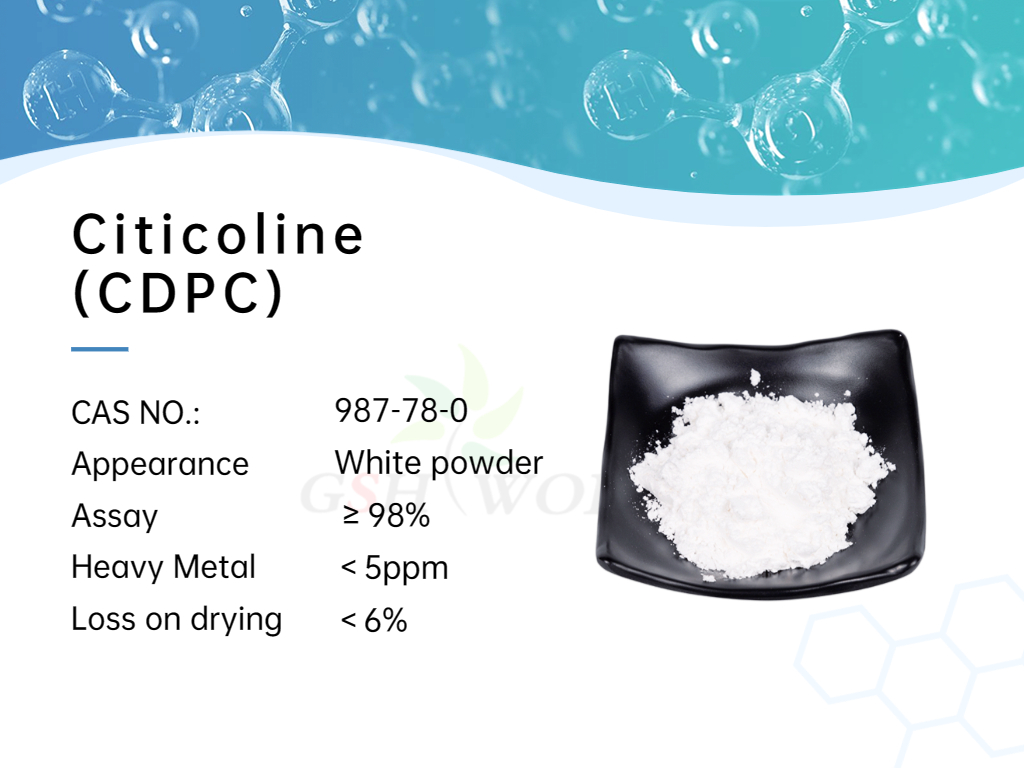
What are the effects of citicoline in ophthalmology?
1. Protect the optic nerve
In recent years, citicoline has attracted great interest as a neuroprotective agent. Studies have investigated whether citicoline affects cell survival in primary retinal cultures and whether it exerts neuroprotective activity under conditions that mimic retinal neurodegeneration. Primary retinal cultures obtained from rat embryos were first treated with increasing concentrations of citicoline (up to 1000 M) and analyzed for apoptosis and caspase activation and characterized by immunocytochemistry to Identification of neurons and glial cells. Subsequently, excitotoxic concentrations of glutamate or high glucose-containing cell culture medium (HG) were administered as well-known conditions to simulate neurodegeneration. Glutamate or mercury treatment was performed with or without citicoline. Neuronal degeneration was assessed in terms of apoptosis and synapse loss. The results showed that citicoline did not cause any damage to retinal glial cell populations below 1000 μm. At a concentration of 100 μM, it was able to counteract neuronal cell damage in glutamate-treated and HG-treated retinal cultures by reducing pro-apoptotic effects and contrasting synapse loss. These data confirm that citicoline can effectively exert neuroprotective activity.
2. Protect the macula
Optical coherence tomography (OCTA) was used to examine the retinal microvascular structure to evaluate the protective effect of citicoline on the macula after LASIK. The study included 45 patients treated with citicoline after LASIK and 48 patients not treated with citicoline after LASIK as a control group. The foveal avascular zone (FAZ), superficial retinal vascular sclerosis (SVD) and the retinal fovea and perifoveal areas were measured by OCTA method before operation and at 1 month and 3 months after operation. Deep Vessel Density (DVD). Results There was no significant difference in the superior retinal vein occlusion or inferior retinal vein occlusion in the fovea region, parafovea region and all quadrants (upper, lower, temporal, nasal) between the two groups before operation (P>0.05) . At 1 month and 3 months after LASIK, the citicoline group and the control group showed differences in the supraretinal vena cava occlusion or subretinal vena cava occlusion in the fovea and parafovea areas (P<0.05 ).
3. Promote the repair of optic nerve damage in glaucoma
Citicoline, also the common name for cytidine-5'-diphosphocholine (CDP-choline), is an endogenous compound capable of producing Increases levels of neurotransmitters in the central nervous system. Exogenous citicoline, administered through ingestion or injection, is hydrolyzed and dephosphorylated to form cytidine and choline, and CDP-choline is re-synthesized in brain cells. It has been shown to be neuroprotective in Alzheimer's disease, stroke and Parkinson's disease, as well as in glaucoma and amblyopia. Citicoline has neuroprotective effects in patients with progressive glaucoma despite well-controlled IOP.
*Special note - This article is for informational purposes only and cannot replace a doctor's treatment diagnosis and advice. It should not be regarded as a recommendation or proof of efficacy of the medical products involved. If it involves disease diagnosis, treatment, and rehabilitation, please be sure to go to a professional medical institution to seek professional advice.
PREVIOUS: Glutathione plays key role in improving aging cardiovascular system
NEXT: NMN supplementation protects mice from inflammatory bowel disease
by GSHWORLD
GSHWORLD is China Biological API Manufacturer. China Citicoline Supplements powder suppliers & best Citicoline benefits raw material Factory.


